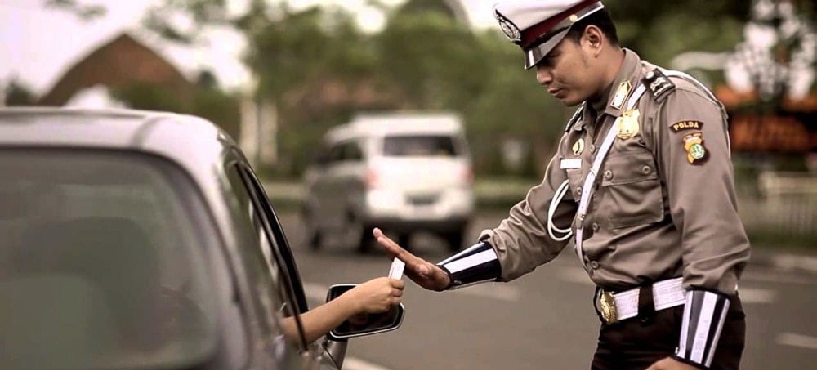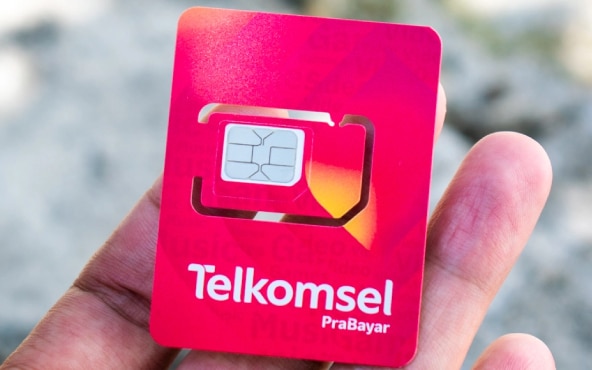Introduction:
Bali, a popular tourist destination, is generally a safe place to visit. However, like many places in the world, it is not immune to issues such as police corruption. Understanding the dynamics of police interactions and potential corruption can help tourists navigate their stay more comfortably and avoid any unnecessary complications. In this guide, we’ll explore the topic of police and corruption in Bali, offering insights and tips for staying safe and handling potential encounters.
Section 1: Understanding Police Corruption
Overview
Police corruption can manifest in various forms, from minor bribes to avoid traffic fines to more significant corrupt practices. While not all police officers in Bali are corrupt, it’s important to be aware of the potential for such issues and know how to handle them appropriately.
Common Scenarios
- Traffic Stops: Tourists on motorbikes or scooters may be stopped for minor infractions or document checks and asked for a “fine” on the spot.
- Driving Without a License: Foreigners driving without an international driving permit may be targeted and asked for a bribe to avoid penalties.
- Drug Possession: Drug laws in Indonesia are very strict. Involvement in drug-related activities can lead to severe penalties, and corruption can play a role in such cases.
Section 2: Tips for Dealing with Police
Be Prepared
- Carry Proper Documentation: Always have your passport (or a copy), international driving permit, and rental agreement if you are driving.
- Know Local Laws: Familiarize yourself with local traffic laws and regulations to avoid unnecessary stops.
- Stay Calm and Polite: If you are stopped by the police, remain calm, polite, and respectful. Aggressive or confrontational behavior can escalate the situation.
Handling Bribes
- Assess the Situation: If you are asked for a bribe, calmly assess the situation. Sometimes, paying a small amount may resolve the issue quickly, but it is important to weigh this against the principle of not encouraging corruption.
- Ask for Official Receipts: Politely ask for an official receipt for any fines or payments. This may deter corrupt officers from pursuing a bribe.
- Refuse Politely: If you choose to refuse, do so politely and firmly. Explain that you prefer to handle any fines officially at a police station.
Section 3: Reporting Corruption
Where to Report
If you encounter corruption, you can report it to the following authorities:
- Tourist Police: Bali has tourist police who can assist with issues faced by tourists. They can be contacted for help in reporting corruption.
- Indonesian National Police: The Indonesian National Police have a complaints division where you can report corrupt practices.
- Consulate or Embassy: Contacting your country’s consulate or embassy can provide additional support and guidance in dealing with corruption.
How to Report
- Document the Incident: Take note of the officer’s name, badge number, and details of the incident. Photographs or recordings (if safe to do so) can be helpful.
- Provide Detailed Information: When reporting, provide as much detail as possible about the incident, including date, time, location, and any witnesses.
- Follow Up: After making a report, follow up with the authorities to check on the progress of your complaint.
Section 4: Staying Safe and Avoiding Issues
General Safety Tips
- Stay Informed: Keep updated on local news and advisories regarding safety and corruption.
- Avoid Illegal Activities: Steer clear of drug use and other illegal activities, which can increase the risk of encountering corrupt practices.
- Travel Insurance: Ensure you have comprehensive travel insurance that covers legal assistance and other potential issues.
- Use Reputable Services: Use well-known and reputable rental services, tour operators, and accommodations to minimize risks.
Community Support
- Join Expat Groups: Engage with local expat communities and online forums for advice and support. They can provide valuable insights and firsthand experiences.
- Local Contacts: Establishing connections with locals can be beneficial. They can offer guidance and help navigate any issues you might face.
Conclusion:
While Bali is generally a safe and welcoming destination, it’s important to be aware of the potential for police corruption and know how to handle such situations. By staying informed, being prepared, and knowing your rights, you can minimize risks and enjoy your time on the island. Remember to stay calm, respectful, and cautious in all interactions, and seek support from authorities and community resources if needed. With these tips, you can navigate your Bali adventure with confidence and peace of mind.





